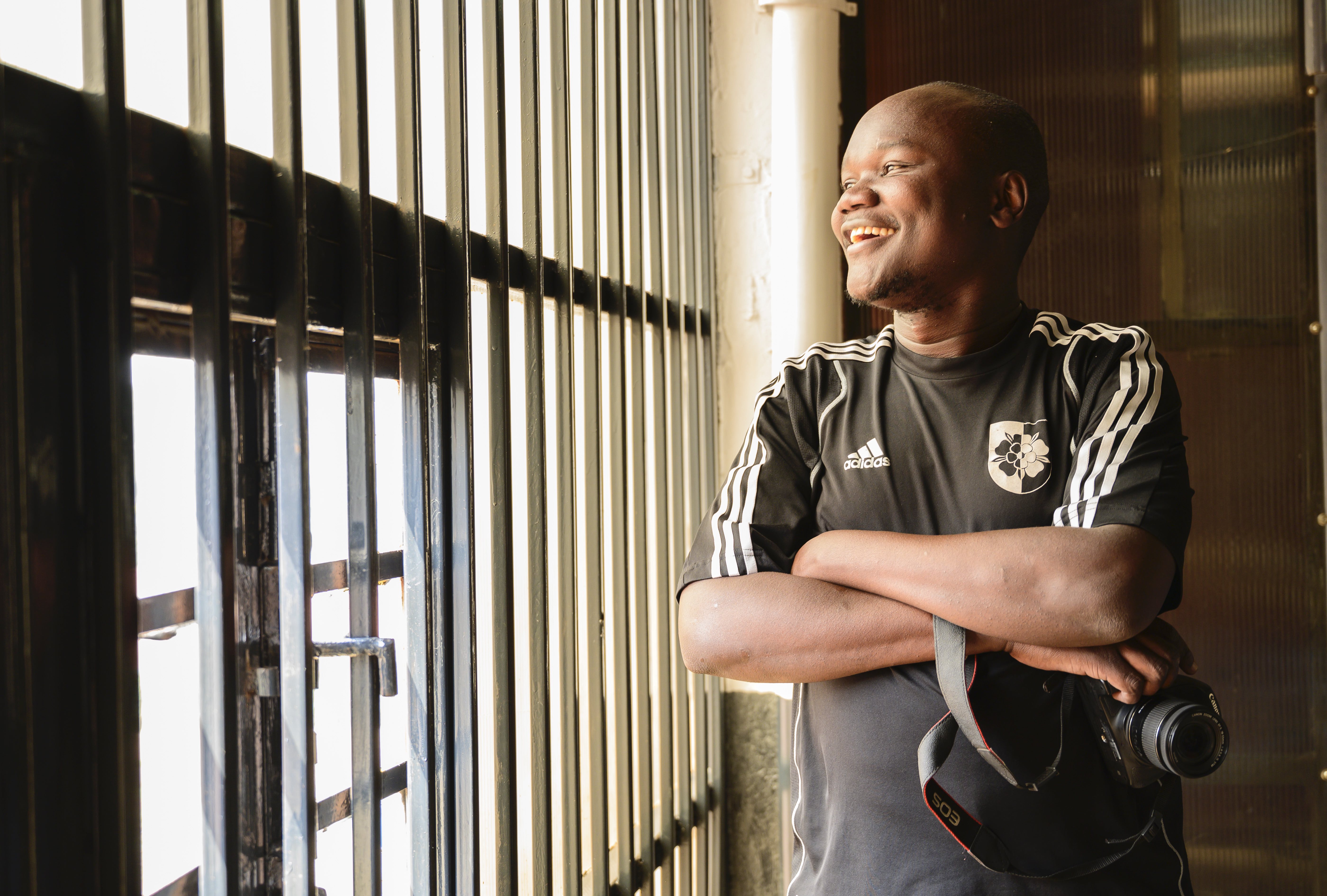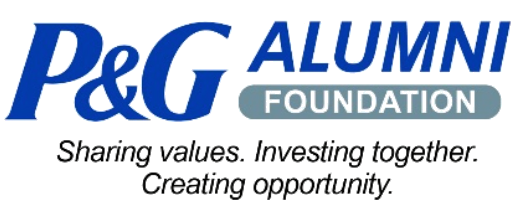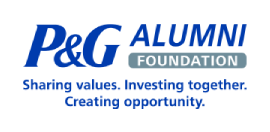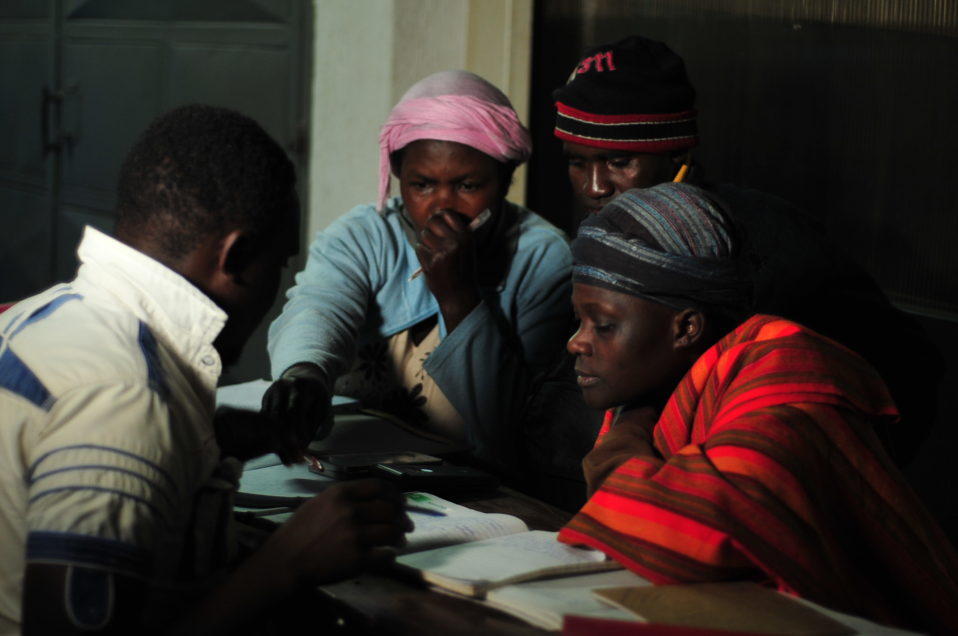 Human Needs Project
Human Needs Project
Enables Kenyan people living in poverty to uplift themselves and to develop a blueprint for sustainably providing integrated services to the billions living in slums worldwide.

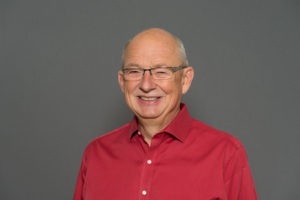
Tom Henrich
P&G Alumni Grant Champion
40+ years P&G experience in Manufacturing and Research & Development
Tom Henrich has been involved with Human Needs Project (HNP) for six years, since working for P&G in Kenya. He is a founding member of HNP’s Board of Directors (2014-2016) and Advisory Board (2017-present). Under Tom’s leadership, HNP has created a pricing model to partially recover costs and pivoted HNP to include vocational training and job placement.
“During my P&G career, I was fortunate enough to have the opportunity to learn about the challenges and opportunities facing our low-income consumers in developing markets. Chief among them was that people want and need jobs, not handouts!” Tom Henrich

The Kibera slum, located in Nairobi, Kenya, is the largest slum in Africa (population 700,000). Daily life is characterized by extreme poverty, social exclusion, rampant crime, and unemployment largely due to the lack of basic infrastructure including poor water and sanitation. Poverty and no access to training, mentoring, and networks mean talented slum dwellers cannot fulfill their potential.
Human Needs Project builds infrastructure for opportunity, enabling people living in slum poverty to uplift themselves via providing sustainable, integrated services. HNP’s community-centric approach identifies and delivers solutions through local centers that serve as a one-stop-shop for basic needs and a variety of services, as a foundation for gainful employment.

HNP opened its inaugural program site, the Kibera Town Centre (KTC) in 2014 in Nairobi: an 8,000-square foot self-contained facility with clean water, waste management and electricity. To date, over 2,000 people have completed training courses at KTC imparting principles of business and entrepreneurship and job skills for careers in IT, arts and entertainment, and other industries.
These KTC training graduates saw their income increase seven-fold in the first month of work, following just a two-month training period. The proposed project would build on lessons learned from these existing programs. Existing courses at the KTC, as well as the proposed program, will also include a focus on soft skills, providing training in professional preparedness and etiquette to raise rates of hire and retention of employees.
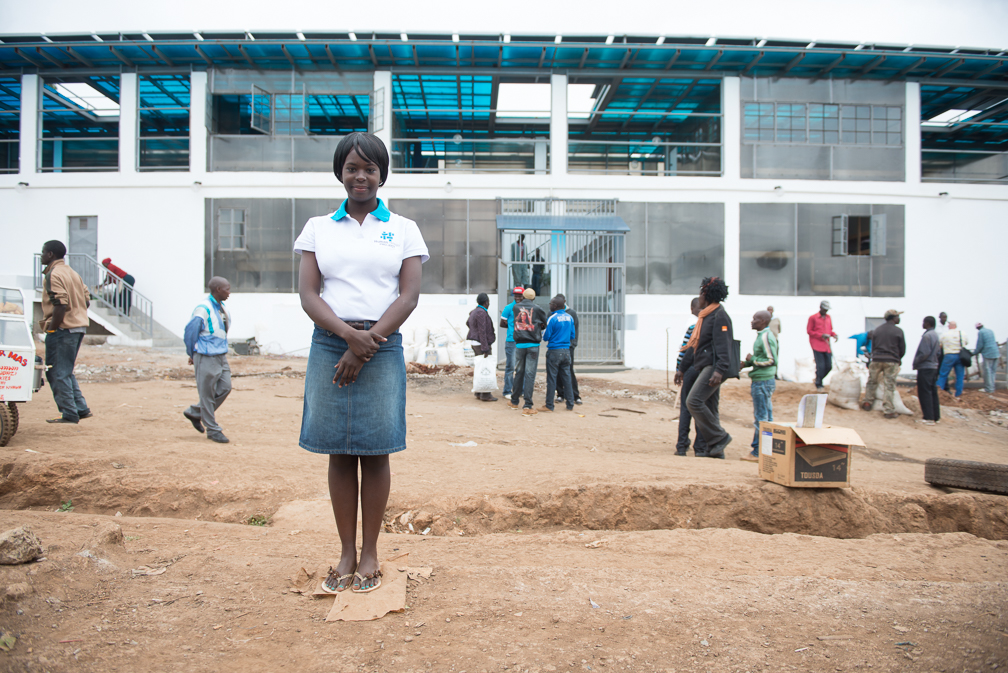
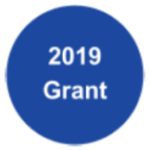
P&G Alumni Foundation grant of $22,000 will be used to launch a pilot program for job training and placement for Kibera residents. Initial focus will be on coalition building, securing employer partners, curriculum development and finalization, training of trainers / and pilot enrollment. At least 10 individuals will be trained in the 1st cohort and secure jobs and at least 30 family members will be positively impacted.
The primary focus will be landscaping to identify ideal sectors and employers with which to partner, establishing a consortium of employers, refining curricula, and training trainers. The impact and multiplier effect will accelerate in subsequent ramp-up years.
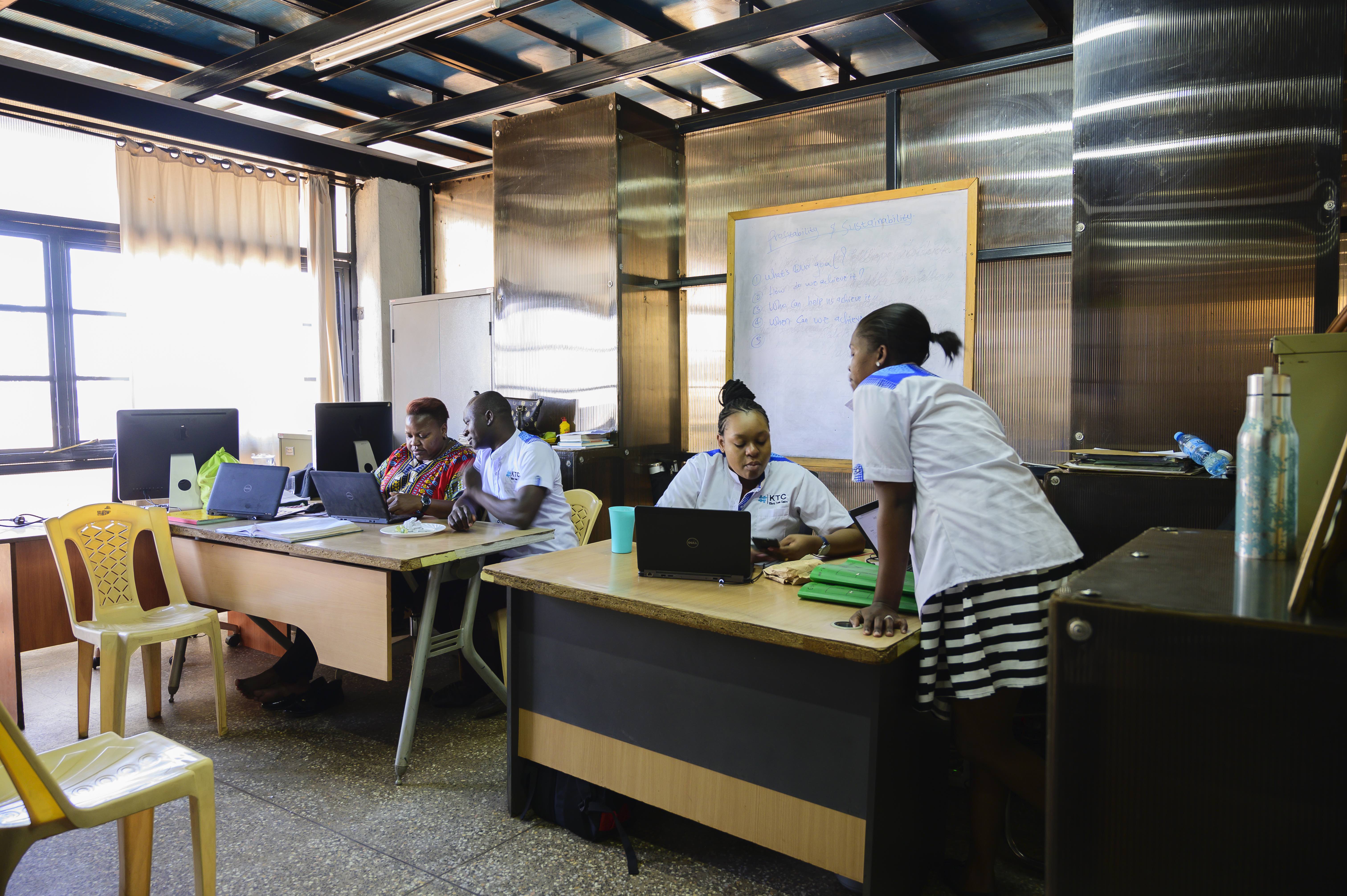 |
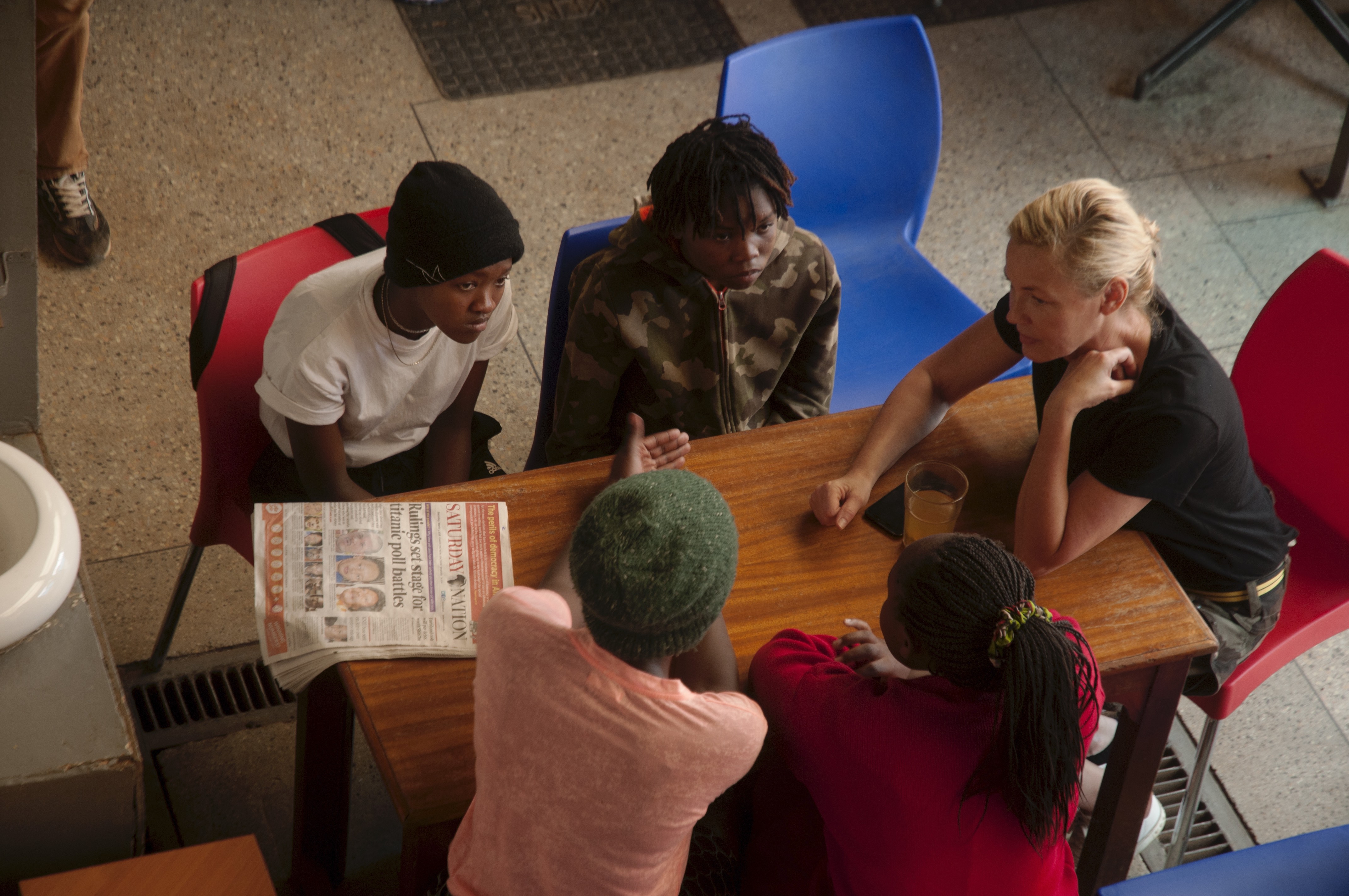 |

“Beating the Odds to Building a Brand”
Kibera is the 5th largest slum in the world and the people are vibrant and hardworking but barely survive. In Kibera there is no pipe water and no sanitation. Toilets are another rarity – only 1 toilet for 100 families contributing to the spread of disease.
The Human Needs Project builds the Kibera Town Center to provide basic services like water, toilets, showers and laundry, but more importantly the KTC provides empowerment services – business trainings, micro credits, Wi-Fi access, etc. It gives the people of Kibera a chance out of their “prison of poverty”.
Like the chance it gave Bernard who took photography and video classes at KTC. After graduation, he and three of his classmates founded Bencho Sports – a sports media company that is now a nationally recognized brand. Paying it forward, Bernard currently employs and manages five other photographers working across Kenya.
